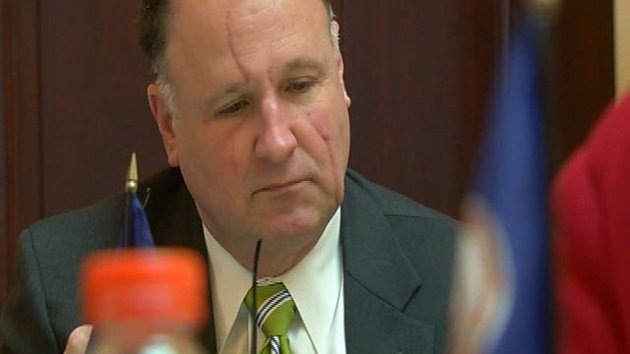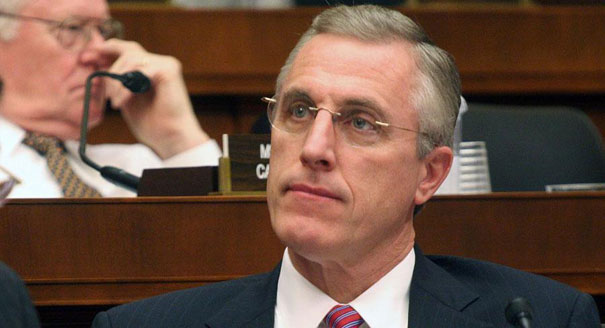MICHAEL C. BIASOTTI’S BRIEF TESTIMONY BEGINS AT 35:37 and ENDS AT 40:27
“We have to stop pretending that violence is not associated with untreated serious mental illness. We have to stop pretending that everyone is well enough to volunteer for treatment and self-direct their own care. Some clearly are not.’ –Michael C. Biasotti
U.S. Representative Tim Murphy (R-Pa) continued his campaign last week to reform our nation’s failing mental health system by holding what his colleagues described as one of the best hearings in recent memory about serious mental illnesses.
Entitled: “Where Have All the Patients Gone? Examining the Psychiatric Bed Shortage,” the Commerce and Energy Subcommittee heard from a panel of ten experts who not only discussed current barriers to getting treatment but also provided the subcommittee with a primer on why jails and prisons have become our new mental asylums.
Today’s blog post focuses on testimony by Michael C. Biasotti, Chief of Police and Immediate Past President of the New York State Association of Chiefs of Police, and the parent of a daughter with a serious mental illness who has been involuntarily committed more than twenty times.







